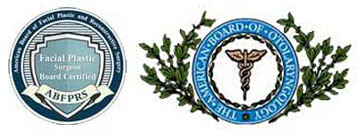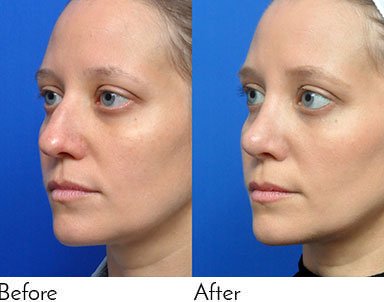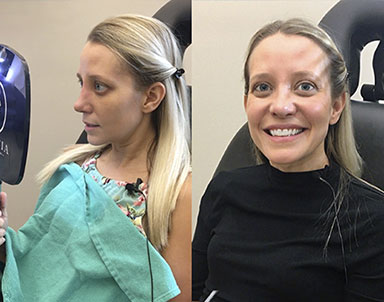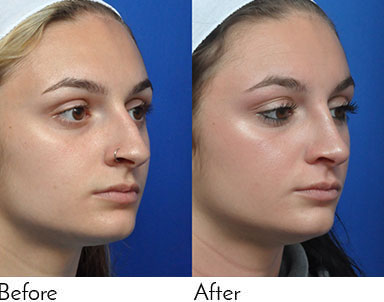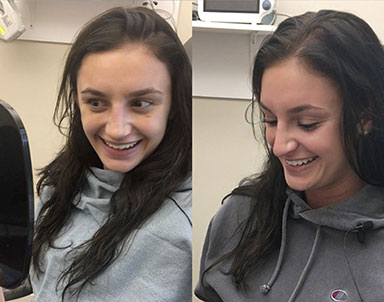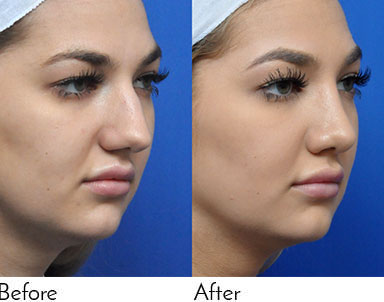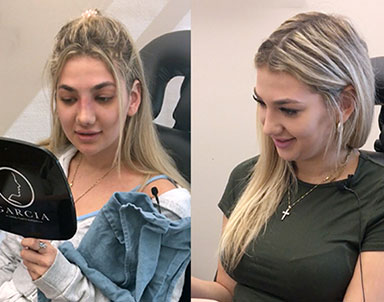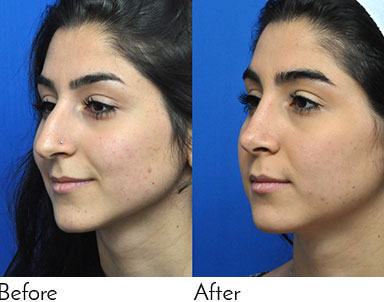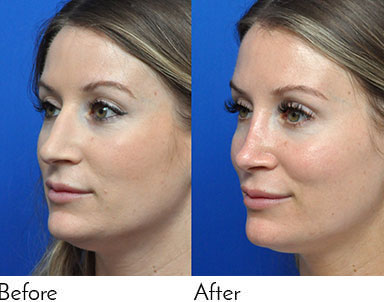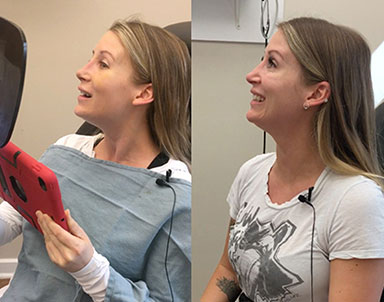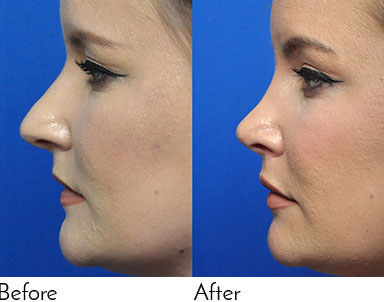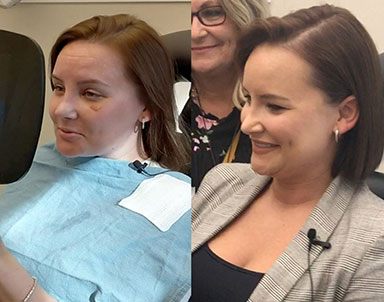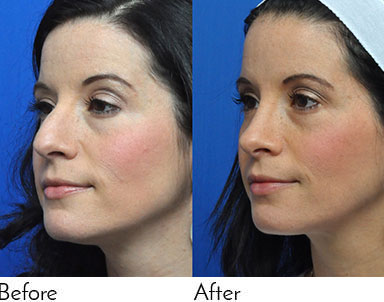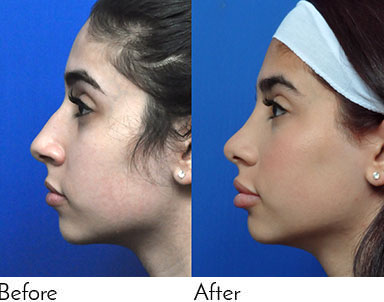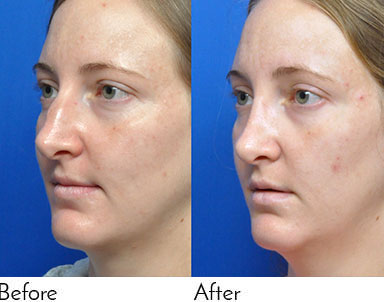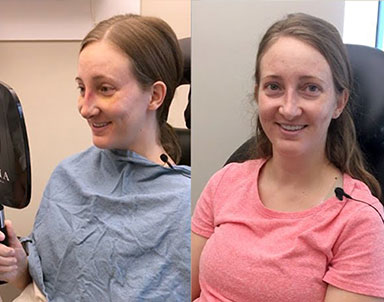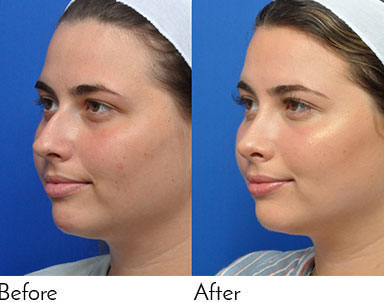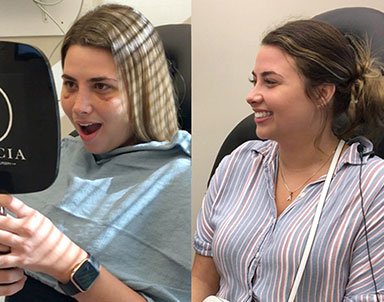It’s no secret that there’s a major difference between medical-grade and over-the-counter skincare. The question here is: what really makes medical-grade skincare that much better? Let’s go over everything you need to know about what makes medical-grade skincare so unique.
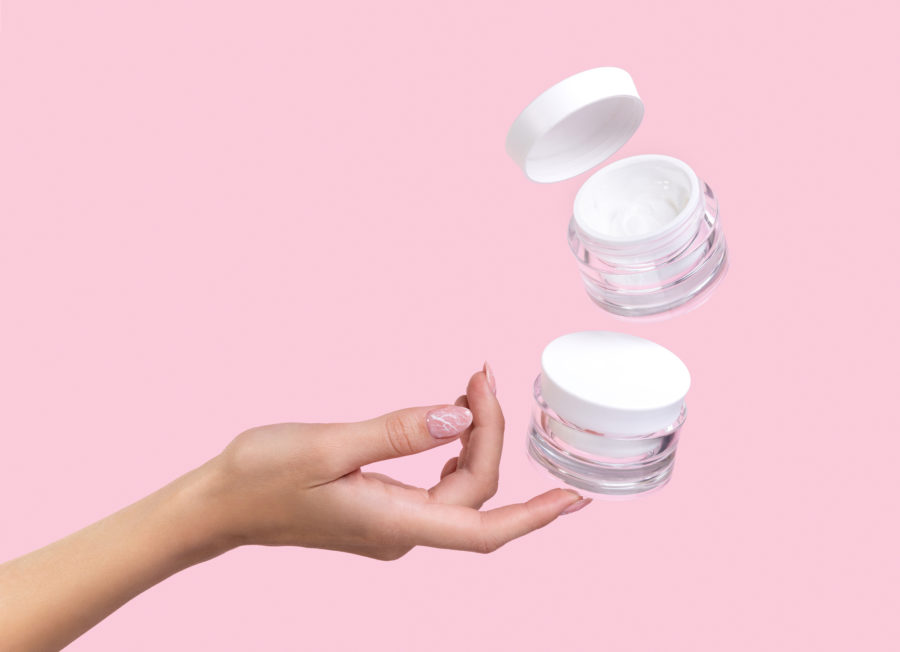
What Qualifies Skincare as Medical-Grade?
One of the biggest questions our patients ask about medical-grade skincare is: what makes medical-grade skincare medical-grade? The answer lies in the standards the products are held to. Each medical-grade skincare product is required to have 99 percent of its ingredients be pure. That means no fillers or unnecessary chemicals that can be found in your over-the-counter products.
What are the Benefits of Medical-Grade Skincare?
There’s a long list of benefits you’ll be getting from your medical-grade skincare versus an over-the-counter product. That being said, we’re going to cover the top three today.
High-Quality Ingredients
As we covered earlier, over-the-counter skincare products aren’t held to the same high standards that medical-grade products are held to. Because of this, they may contain chemicals or ingredients that can cause more harm to the skin than good. Medical-grade products typically steer clear from chemicals like parabens and fragrances that can cause reactions on sensitive skin.
Better Product Absorption
Believe it or not, medical-grade skincare products are even made to absorb better into your skin than a typical over-the-counter product. During the manufacturing process, medical-grade skincare products are made on a much smaller molecular level which allows them to penetrate deeper within the skin than an over-the-counter product with a larger molecular makeup.
More Bang for Your Buck
Our patients sometimes get sticker shock when looking at the prices of medical-grade skincare products. There’s a reason why medical-grade products are more expensive than over-the-counter ones. Over-the-counter skincare products are only allowed to contain certain amounts of active ingredients, whereas medical-grade skincare products are allowed to contain higher concentrations of the same active ingredient.
For example, medical-grade skincare products may be able to contain up to 5 percent of hydroquinone, an active ingredient that treats hyperpigmentation. Over-the-counter products, however, are capped at having 2 percent of the same ingredient. Remember, the extra money you’re spending on your medical-grade products will provide you with the results you want more quickly and efficiently.
Do you still have questions about which medical-grade skincare products are right for you? Call us today to schedule your private consultation with our aesthetician, Lori. She’ll be happy to sit down with you, listen to your concerns, and develop a personalized treatment plan to help you achieve your ultimate aesthetic goals.




